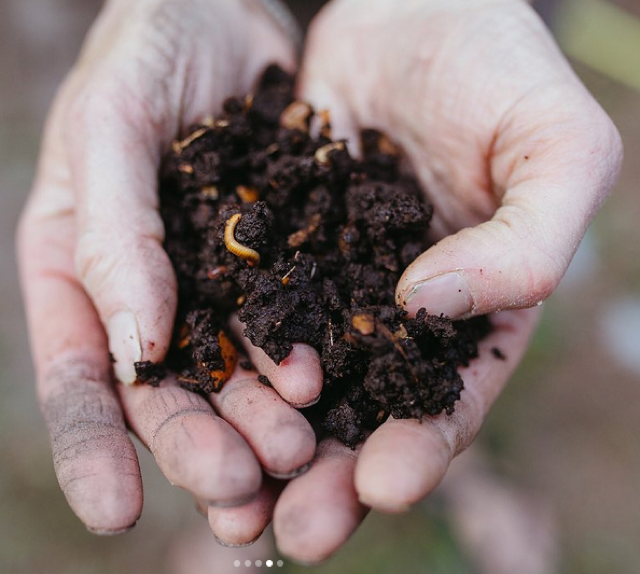
About Us
At Yarrow Environmental, we are passionate about supporting communities, businesses and organizations to plan and implement composting, waste reduction & diversion and climate action solutions.
Our work encompasses policy analysis and development, program planning, implementation and evaluation – to foster community, environmental and economic well-being.
We are particularly interested in the recycling of organic material into beneficial soil amendments such as compost, which can be used to improve soil quality, reduce greenhouse gas emissions, minimize the use of expensive synthetic fertilizers, and improve food security.
The solutions to prevent avoidable food waste, effectively recycle organic materials, reduce greenhouse gas emissions and move towards a circular economy are available now.
Yarrow Environmental offers professional, collaborative and creative energy to bring these solutions to life!
Shannon Ripley, Principal
MSc. Soil Science, BSc. Environmental & Conservation Sciences, P. Agrologist
Yarrow Environmental is led by Shannon Ripley. Shannon is a Professional Agrologist who has been working in the fields of community composting, waste reduction and diversion, waste management, municipal sustainability and environmental education for over 18 years. She is trained as a soil scientist (M.Sc.) and environmental scientist (B.Sc.).
Shannon has experience planning, implementing and evaluating composting and waste diversion programs and policies in collaboration with municipal and territorial governments, Indigenous governments, non-profit organizations and farmers. Between 2007 and 2012, Shannon led the creation and implementation of the Yellowknife Centralized Composting Program, which was awarded a Federation of Canadian Municipalities (FCM) Sustainable Communities Award in 2013.
Shannon has diverse experience in the realm of municipal sustainability – including project-managing installation of a 280 kW municipal solar array, managing solar and energy efficiency incentive programs, and carrying out a preliminary assessment of the potential impacts of climate change on northern water and wastewater systems.
Shannon received a MSc (soil science) from the University of British Columbia, where her thesis Moving Towards Sustainable Livestock Grazing in the Jujuy Model Forest, Northwestern Argentina explored impacts of livestock grazing on soil quality and forest structure in a subtropical mountain forest region with active participation of local residents.
Shannon is fluent in English and Spanish.
Photos: Georgi Silckerodt



